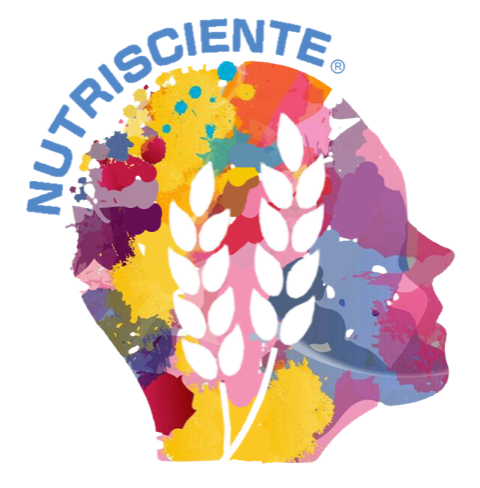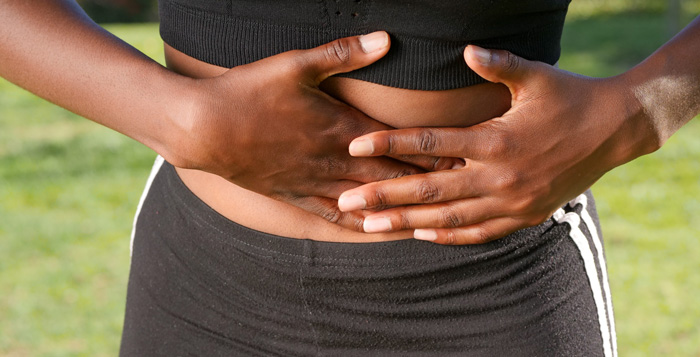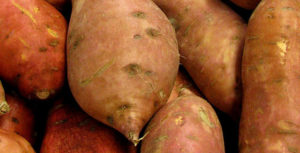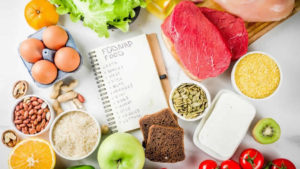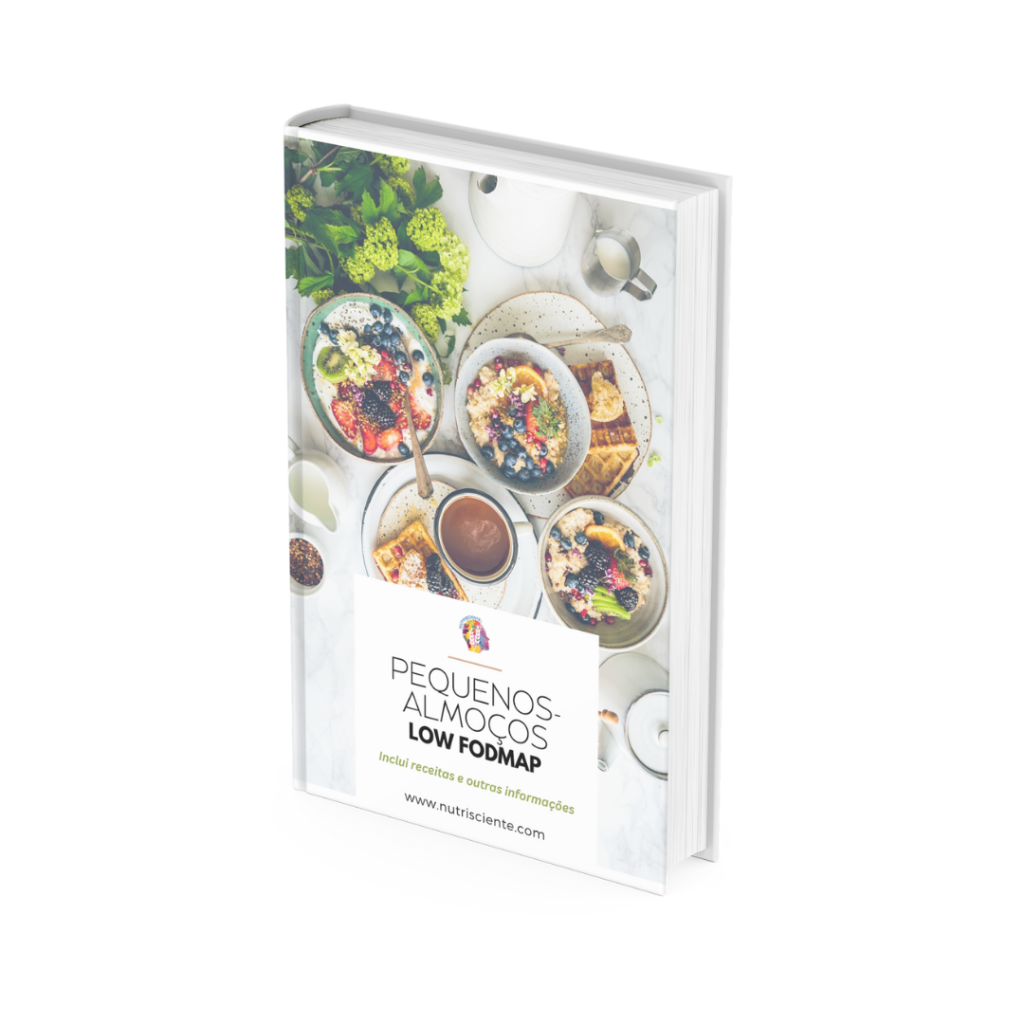In case of persistent constipation it will be important to seek medical help in order to make a correct diagnosis, especially if it is over 50 years of age, since from that age, the risk of developing polypos and colon cancer increases
Constipation is the persistent difficulty or complete inability to pass a bowel movement, causing feeling unwell and sometimes pain in the abdominal area.
Most people experience periods of constipation throughout their lives, which in most cases are not severe and may be temporary. During constipation, stools are usually hard and fragmented, causing abdominal discomfort (pain, flatulence and bloating) and laxatives are often used to aid evacuation.
In general, this problem affects around 20% of the Portuguese population, and 40% of pregnant women also report this symptom.
However, when this episode is chronic and is not properly treated, it may originate other symptoms, namely haemorrhoids, faecal incontinence or faecal impaction, which translates into the accumulation of hard faeces in the rectum. Chronic constipation is estimated to affect 12 to 19% of the general population, and is higher in the elderly population (30 to 40%). In case of persistent constipation it is important to seek medical help in order to make a correct diagnosis, especially if you are over 50 years of age, since from that age the risk of developing polyps and colon cancer increases.
On the other hand, constipation can be a common symptom in some diseases, namely inflammatory bowel diseases (Crohn’s disease or ulcerative colitis) and irritable bowel syndrome.
The causes of constipation can be associated with various factors, but eating habits (unbalanced and incorrect diet), physical inactivity and a sedentary lifestyle are the most common.
How can I improve bowel function?
The average daily consumption of fibre in Portugal is 17.7g, significantly lower than the consumption recommended by the World Health Organisation (WHO) (>25g/day). In order to improve intestinal function, the intake of dietary fibre is necessary. This has the ability to retain water, which is found in the intestine, helping to soften the stools and speed up intestinal motility. Thus, the process of evacuation becomes easier. For this reason, in addition to increasing your fibre intake, it is essential that you drink more than one and a half litres of water throughout the day.
Regular physical exercise, whether mild or moderate in intensity, is essential for promoting good bowel function as it also helps improve motility and the evacuation process, as well as reducing the excessive flatulence that occurs during constipation.
Which foods improve intestinal transit?
In order to normalise and promote good intestinal function, it is necessary to consume daily food products from the cereals and derivatives group, as well as fruit and vegetables.
In practice, these are the foods of choice:
- Mixing bread, rye or wholemeal bread, as they contain higher fiber content than traditional white bread;
- If you prefer cereals rather than bread, opt for those rich in fibre, unsweetened, such as oat flakes;
- Eat between 3 and 5 pieces of fruit a day. Give preference to raw fruit, as it contains more fibre than cooked fruit. Among the fruits with the highest percentage of fibre are kiwi, orange, plum, papaya, fig, apple and pear;
- Start lunch and dinner with a varied vegetable soup and include it in the main course. The ideal is to vary the vegetables during the week;
- In this phase, preferably consume whole-grain pasta and rice, as they contain more fibre;
- You can also include, either in the main course or in the soup, pulses such as beans, peas, chickpeas, broad beans and lentils. Just bear in mind that, as they are more fermentable foods, they may cause more flatulence during constipation. If this is the case, choose to eat them only once in a while.
Fiber content per 100g of product:
– Oats – 6.7 g
– Kiwi (2 units) – 6 g
– Plum (2 units) – 6 g
– Rye bread – 7.1 g
– Portuguese cabbage – 3g
– Watercress soup – 0.9g
– Cooked kidney beans – 4.7g
Other recommendations:
– Avoid the consumption of milk and full-fat cheeses during this phase. Give preference to yoghurts with probiotics (bifidus);
– Avoid the consumption of fizzy drinks;
– Moderate the amount of sweets and/or desserts consumed;
– Do not forget to drink plenty of water throughout the day and to take regular physical activity.
Article published in sapo lyfestyle
